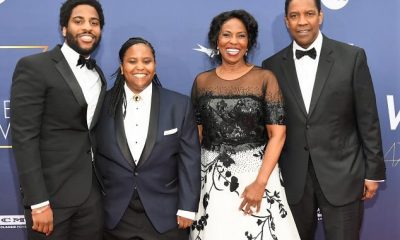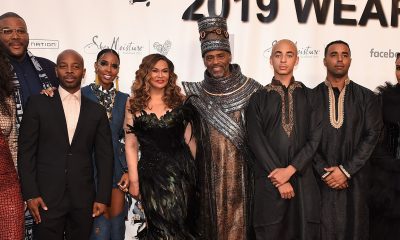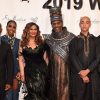Bloggies
New Zimbabwe President’s Ties to Old Regime Cast Shadow Over Potential Change
“Nothing will change; poverty and suffering will continue,” 28 year-old graduate student Mevion Gambiza told The New York Times.
At the heart of the doubts is the installment of Emmerson Mnangagwa (pronounced muh-nahn-GAHG-wah) as president. Mnangagwa and the governing ZANU-PF party were accused for years of being enforcers for Mugabe, including carrying out the massacre of thousands of civilians in the early 1980s, the invasion and seizure of white-owned farms in 2000 and the violent rigging of polls during the 2008 election.
During his inauguration speech, Mnangagwa said compensation would be offered to people who had their property seized, demonstrating his commitment to continuing the process of repairing the scars caused by controversial land reform in which squatters seized on white-owned farms, forcing its owners off their property.
Scars Remain from Mugabe’s rule
When Mugabe, 93, was removed from power last week in a military takeover, it brought to an end to the career of Africa’s second-longest serving leader, who rose to power in 1980s after leading Zimbabwe to independence with a majority rule campaign.
But after years of failed economic policies and perceived self-enrichment, support for Mugabe declined, with the last straw being his overtures to make his 52 year-old wife, Grace, his successor.
Challenges Ahead for Mnangagwa
At the outset of Mnangagwa’s regime, there are many challenges facing Zimbabweans. For example, years of bad economic policy, including price controls, quantitative easing and just plain currency mismanagement, has led to an astronomical inflation rate and a country where 86% of the youth are unemployed.
For things to change, political observers say Mnangagwa should remove the longstanding members of Mugabe’s cabinet, which he dissolved his first few days in office. Other governing challenges for the incoming president include preventing corruption, trimming government and conducting a land audit to ensure that land doesn’t go unused.
In addition, consultants say the country is in need of swift economic reforms, new infrastructure projects and the reinstallation of relations with the rest of the world, which had shunned Mugabe’s rule.
As for Mugabe, he remains at his home in Harare with his wife and is said to have no plans to leave the country.














